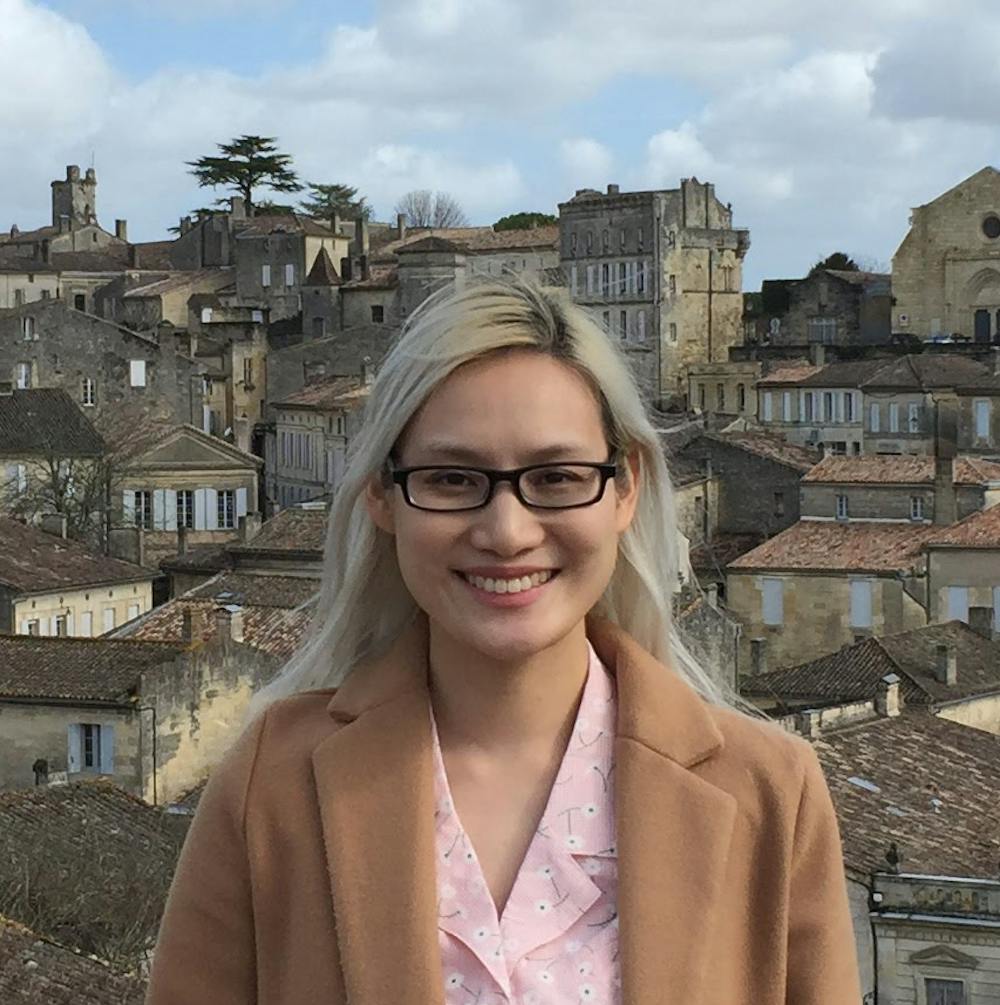Victoria Lee, assistant professor of history, sat down with The Post to discuss a wide range of topics, including her travel over the summer while on a fellowship from the university to study the history of microbiology and fermentation. She continues to teach multiple courses at the university while incorporating worldly experience.
The Post: Can you elaborate on your educational career?
Lee: I am a historian of science, focusing especially on Japan in the 20th and 21st centuries. I actually started off in physics, so I did my physics degree and I have science background from Cambridge University in England. In the UK, when you go to university, you just focus on your major — it's more specialized than the American system, so I missed the humanities as well. I received a master's in history of science at Imperial College London, and then I did my Ph.D. in history of science… at Princeton University. I really enjoyed the whole experience.
TP: Where did you travel this past summer?
Lee: I was in France. During the academic year, I was actually on research leave last year because I had a fellowship at the Paris Institute for Advanced Study, and over the summer as well I stayed to do more research. Being in Paris, because of the fellowship, they gave us an office in a really nice location. It was an inspiring environment to be in. Paris, because I work on the history of microbiology – I work on fermentation science in 20th century Japan — and Paris has a really grand tradition of microbiology, historically.
There are different stages to research. The stage that I was at, I had pretty much finished writing a book. I had done a lot of the primary source research, and I was at the stage where I was trying to connect the research in history that I had done to make a broader impact by looking at contemporary questions — how history can actually speak to cutting edge questions in the 21st century now. So, I organized a workshop that brought different people together from hospitals and from the dairy industry and academics, to look at some of these questions. Questions about the microbiome, questions about antibiotic resistance. It was good to be part of that.
TP: Do you think students should travel abroad in college?
Lee: Yeah, I think it helps you take your experiences in the classroom and make them more concrete. Also, just the experience of being a little bit uncomfortable, like knowing that people don't do things the way you do them and you're not quite sure how they do them... it really expands people's horizons.
TP: What is your favorite thing about teaching?
Lee: I like explaining really complex ideas to students, and I like it when students understand it. Then, I see something, like a light bulb go on in the background, and they feel like their mind has changed a little bit. Big complex ideas that they then suddenly understand — I really like helping people have that experience. Another thing I really like is when people connect the course material to their own lives and I hear them talking about their experiences. I like learning from that as well.
TP: Where do you see yourself in the next five to 10 years?
Lee: Still doing research, still publishing and still teaching in the same areas that I have now but having more of a research impact — more of a wider impact in the field, gradually connecting my research to contemporary questions more broadly. Traveling, as in visiting different research institutions in the U.S. and in Europe. The knowledge exchange is actually a really important part of a professor's job and then we bring that into the classroom.
TP: What advice do you have for college students?
Lee: College is a unique experience. Very often people only get to do it once in their lives. I would say really make the most of the opportunities there. I know college kids are really busy, people often tell me they're balancing a lot of things, but I would say really organize yourself — really try to structure things around getting the most you can out of the learning experience at college.






